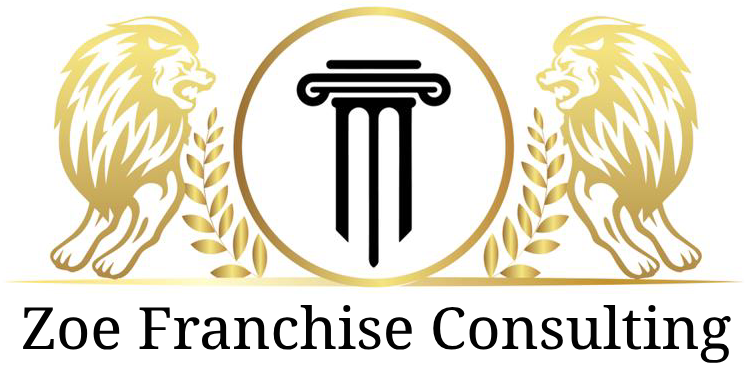In the ever-evolving landscape of entrepreneurship, the franchise model stands out as a beacon of opportunity for aspiring business owners. Among the various types of franchises available, the concept of multi-unit franchising has gained significant traction in recent years. This article will delve into the intricacies of multi-unit franchises, shedding light on their benefits, operational aspects, and the crucial role of franchise consulting in navigating this dynamic sector.
Understanding Multi-Unit Franchising
Multi-unit franchising involves an individual or entity owning and operating more than one unit of a particular franchise brand within a designated territory. Unlike single-unit franchising, where franchisees manage a single location, multi-unit franchisees oversee multiple outlets, thereby expanding their reach and potential for profitability.
Key Components of Multi-Unit Franchise
- Franchise Agreements and FDDs: The foundation of any franchise relationship lies in the legal framework established through franchise agreements and Franchise Disclosure Documents (FDDs). These documents outline the rights, obligations, and responsibilities of both franchisors and franchisees, including the terms related to multi-unit ownership.
- Franchise Development and Feasibility: Before embarking on a multi-unit franchise venture, thorough market research and feasibility studies are essential. Franchise consultants play a pivotal role in assessing market potential, competition, and the viability of expanding a particular brand across multiple locations.
- Unit Franchise vs. Master Franchise: It’s important to distinguish between unit and master franchises. While unit franchises involve owning and operating individual outlets, master franchises grant the rights to develop and sub-franchise within a specified territory. Multi-unit franchisees can opt for either model based on their investment capacity and strategic objectives.
- International Franchise Opportunities: Multi-unit franchising isn’t limited to domestic markets. Many brands offer international franchise opportunities, allowing savvy investors to capitalize on emerging markets and global consumer trends. However, navigating international franchising requires expertise in local regulations, cultural nuances, and market dynamics.
The Advantages of Multi-Unit Franchising
- Economies of Scale: Operating multiple units under the same brand enables franchisees to leverage economies of scale in purchasing, marketing, and operational efficiencies. This can lead to higher profit margins and enhanced competitiveness in the market.
- Diversification and Risk Mitigation: By diversifying their portfolio across multiple locations, franchisees can mitigate risks associated with economic fluctuations, seasonal variations, or localized challenges. A diversified portfolio also provides insulation against the impact of individual unit performance.
- Accelerated Growth and Expansion: Multi-unit franchising accelerates the growth trajectory of both the franchisee and the franchisor. Rapid expansion across multiple territories not only enhances brand visibility but also creates opportunities for revenue growth and market dominance.
- Streamlined Operations: With standardized operating procedures and centralized support systems provided by the franchisor, multi-unit franchisees can streamline their operations and focus on strategic initiatives such as customer service, employee training, and community engagement.
The Role of Franchise Consulting Expansion
Franchise consultants serve as trusted advisors for entrepreneurs navigating the complexities of multi-unit expansion. Their expertise encompasses:
- Franchise Selection and Due Diligence: Identifying the right franchise opportunity requires a comprehensive understanding of the industry, brand positioning, and growth potential. Franchise consultants conduct thorough due diligence to evaluate the financial viability and scalability of multi-unit investments.
- Franchise Operations and Training: Effective franchise operations manuals and training programs are essential for maintaining consistency across multiple units. Franchise consultants assist in developing customized training modules and operational protocols to ensure seamless execution and compliance with brand standards.
- Franchisee Support and Relationship Management: Building a collaborative partnership between franchisees and franchisors is paramount for long-term success. Franchise consultants facilitate communication, mediate conflicts, and provide ongoing support to foster a mutually beneficial relationship.
Conclusion
Multi-unit franchising offers a compelling pathway for entrepreneurs seeking to scale their businesses and capitalize on the proven success of established brands. By harnessing the expertise of franchise consultants and leveraging the support of franchisors, multi-unit franchisees can navigate the intricacies of expansion with confidence and achieve sustainable growth in competitive markets. Whether it’s unit franchises, master franchises, or international opportunities, the multi-unit model opens doors to a world of possibilities for ambitious investors willing to seize them.


2 thoughts on “Exploring the Lucrative World of Multi-Unit Franchise”